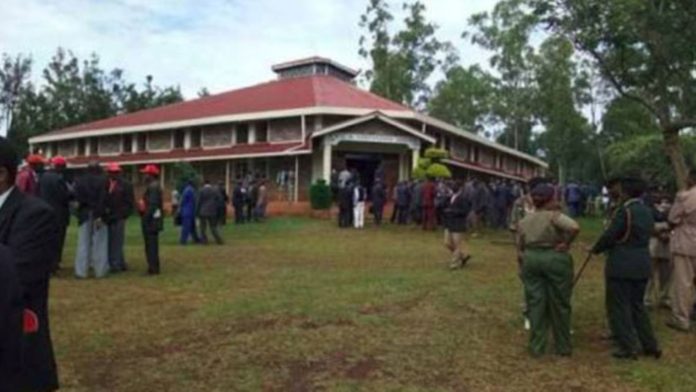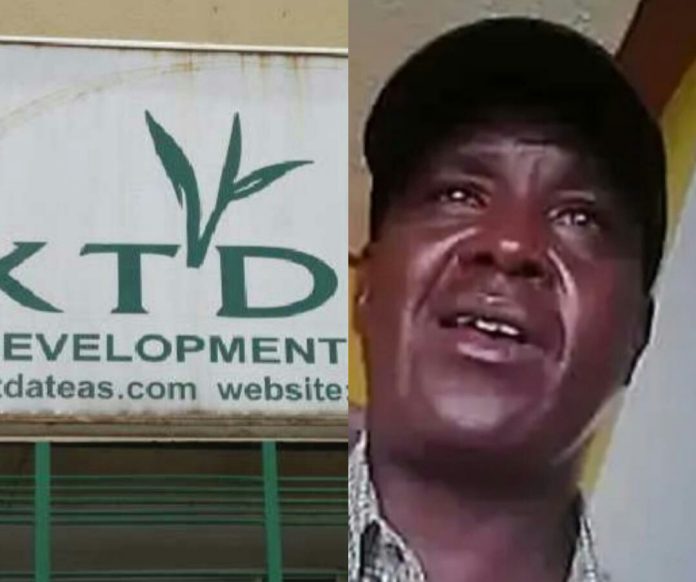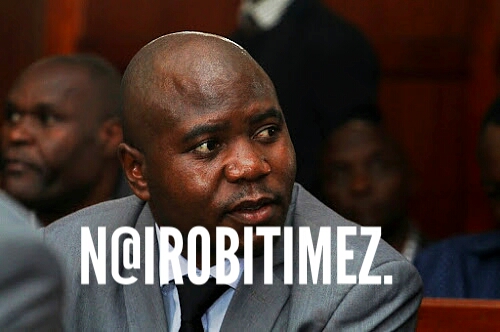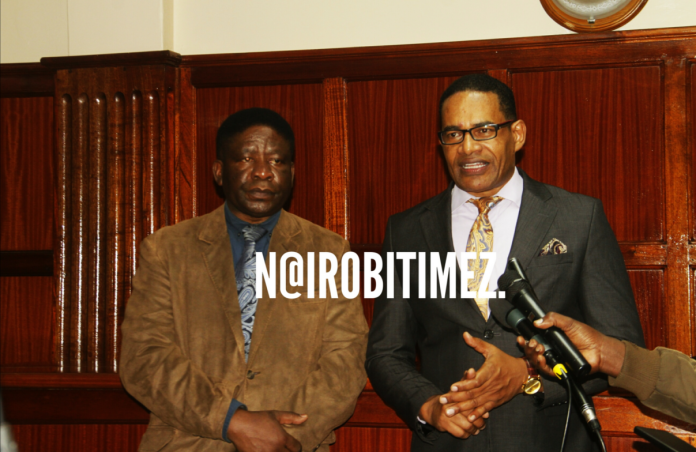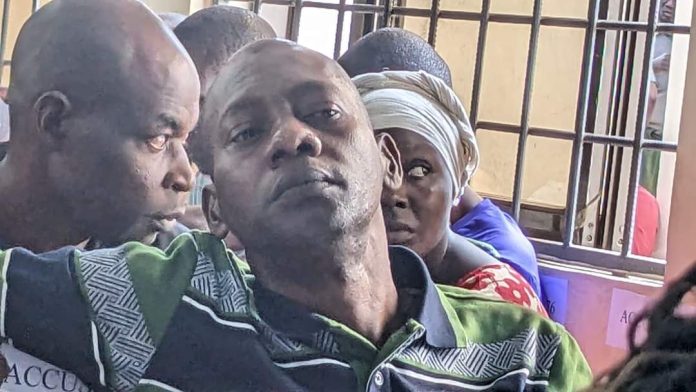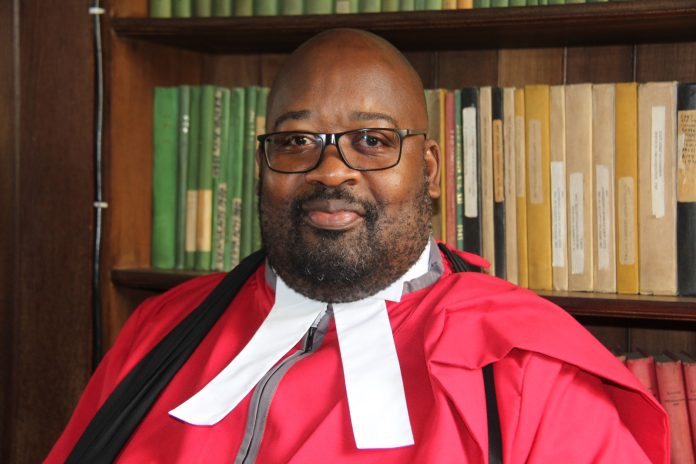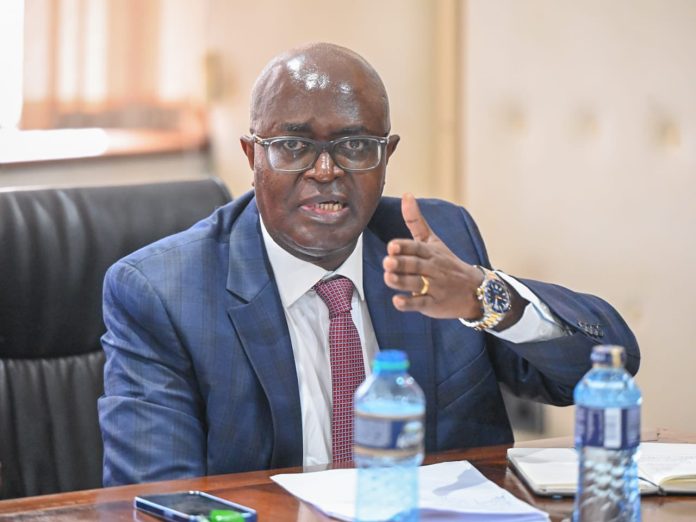BY SAM ALFAN.
The High Court in Malindi has stopped two shareholders from dealing with the shares held by Mauritius firm to the detriment of a fellow shareholder.
Justice Stephen Githinji issued an injunction restraining Christopher Gordon Horsey, David Horsey from dealing with shares at First European Finance Investments ltd, pending the determination of a case filed by former rally driver Alistair Cavenagh.
First European Finance Investments owns Sunsail Trading company limited, Vipingo Ridge limited and Vipingo Beach limited.
Through lawyer Gitau Singh, Cavenagh also sought an order for accounts be taken to ascertain amounts expended by the co-directors Christopher and David Horsey in acquiring shares held by the First European Finance Investments ltd.
The rally driver also want two of the nine shares in the companies held by First European Finance Investments ltd be transferred to him or to any entity of his choice.
“Alternatively, an order that all shares of the First European Finance Investments ltd in the companies be put up for sale by an estate agent appointed by thr court to be sold to the highest bidder,” says Cavenagh.
In his court papers, the rally driver told the court that the Horseys have threatened to take steps to transfer shares held by First European Finance Investments ltd.
“I am apprehensive that unless restrained from dealing with the First European Finance Investments ltd shares, Respondents may putthem out of reach of him and use them to detriment of the companies,” Cavenagh told the court
He adds that First European Finance Investments ltd is incorporated in Mauritius and it is a special purpose vehicle (Spv) and owns shares in Vipingo Ridge Ltd, Vipingo Beach ltd and Sunsail Trading company which shares were previously owned by David Mitchell.
In the year 2004, Cavenagh and Mitchell came up with the idea of developing a golf course at the coast and incorporated a company to acquire the property with the two shares of them as equal shareholders. After acquiring the shares Mitchell invited Christopher and David as investors. The parties through the company have developed a world class golf club, club house and sold plots to about 300 homeowners.
Cavenagh adds that a disagreement over management arose between David Mitchell and Christopher and David Horsey and to stay possibility of Mitchell selling his shares to First European Finance Investments ltd.
“I requested to structure a transaction thereby David Mitchell would sell his shares to First European Finance Investments ltd without Mitchell being aware that Christopher and David Horsey were involved,” says Cavenagh.
According to the rally driver, in consideration of him convincing Mitchell to sell his shares to the two, they were to Finance and enable him acquire 2/9 of the shares in First European Finance Investments ltd. He adds that he didn’t only convince Mitchell to sell his shares to the Mauritius firm at USD6 million but also subsequently, successful reduced the purchase price shares to USD5 million.
However, when he requested Christopher and David Horsey to transfer his shares, they have refused to do so claiming that the he only had a financial interest in the sale of shares. Initially the two had agreed that upon payment of monies expended, he could transfer the shares to himself or any entity of his choice.
He told the court that the two have since requested First European Finance Investments ltd in Mauritius to produce documents relating to the transaction and two to sign some historic share certificates.
“Further, to the detriment of the company and its shareholders, Christopher, David Horsey and First European Finance Investments ltd have been using the board seats acquired by the virtue of FEFI shares terminated the services of experts who had responsible for the success of the companies and replaced them with family members.

